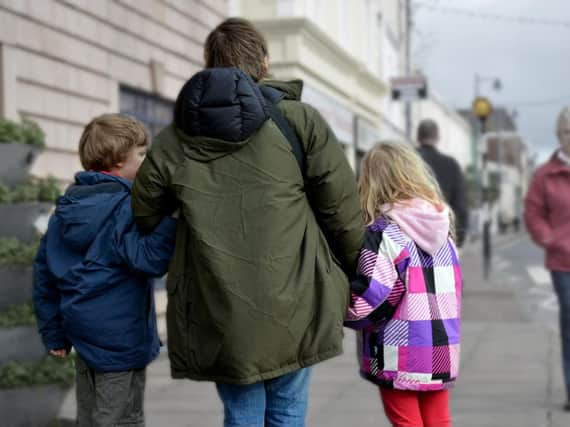Number of children in Blackpool Council care 'still too high'


A report to the council’s resilient communities and children’s scrutiny committee says in December the number of looked after children increased to 537, missing the target of 516.
While the numbers entering care had stabilised, not as many children had left the care system as expected.
Advertisement
Hide AdAdvertisement
Hide AdDiane Booth, director of children’s services, said in the report: “An ongoing plan is in place to review the numbers of looked after children that could leave care.
“There are presently 28 children/young people who we feel could cease being in care by the end of March.
“These are being monitored regarding their discharge from care plans. In addition a further 20 young people become 18 so will no longer be looked after.
“A further cohort of care plans for approximately 60 young people are being reviewed to determine discharge or step down as appropriate. This is the most challenging area of work and requires significant experience in risk management.“
Advertisement
Hide AdAdvertisement
Hide AdChildrens Services continues to be one of the main areas of overspend within the council’s budget, with a projected overspend for the current financial year of £2.9m.
The resort has one of the highest rates of looked-after children in the country compared to other local authorities.
But the report adds measures are being taken including putting troubled families in contact with services which can help them more quickly.
The 10-year Better Start project is also aimed at helping families with pre-school children.
The report adds the number of child protection investigations, where there is concern for the welfare of a child, is expected to reduce by 42 per cent this year.